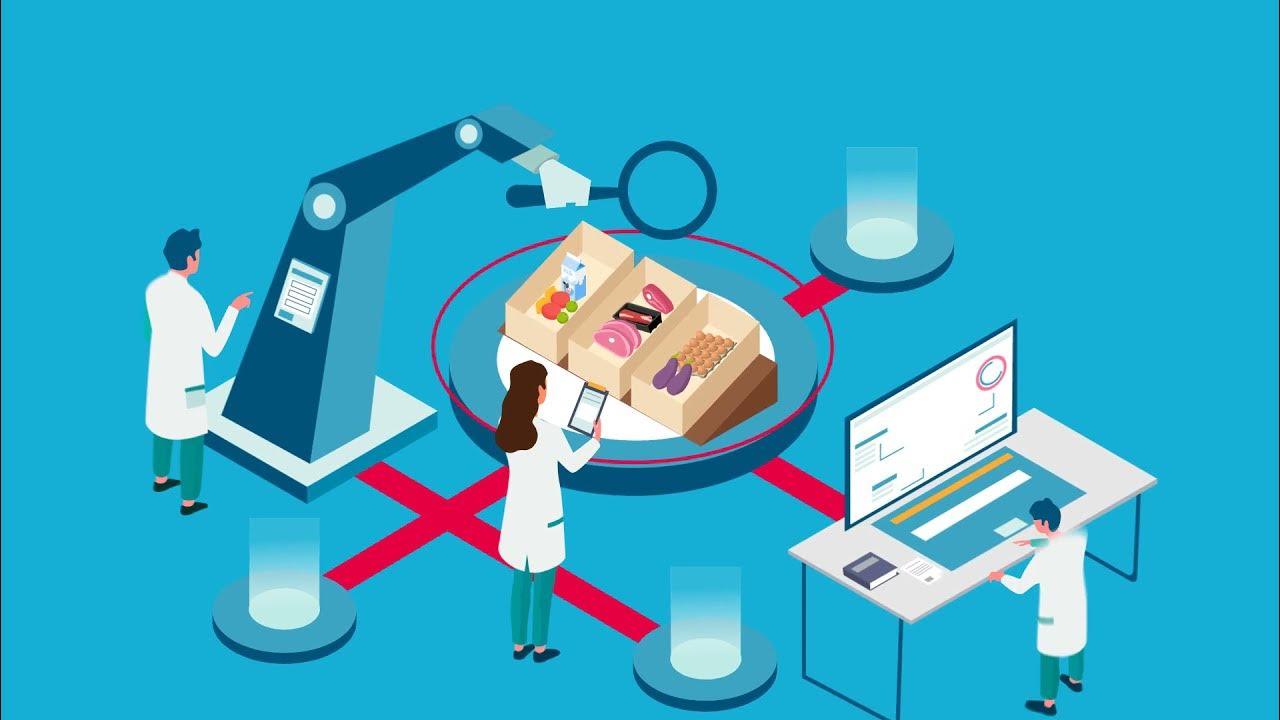What is Project Management? Definition, Fundamentals, Objectives & Examples - AIMS Education
Summary
TLDRThis script explores the concept of a project as a temporary endeavor to create unique products, services, or results. It delves into the reasons for initiating projects, such as market demand, strategic opportunities, and legal requirements. The video also covers why projects conclude and introduces project management, emphasizing the need to balance scope, time, cost, and quality—the triple and quadruple constraints. It further discusses the six constraints model, the core components of project success, and distinguishes between projects and operations, providing real-world examples to illustrate the differences.
Takeaways
- 📈 A project is a temporary endeavor undertaken to create a unique product, service, or result, with a definite beginning and end.
- 🌟 Projects are initiated to achieve objectives within an organization's strategic plan, driven by market demand, strategic opportunities, customer requests, technological advances, or legal requirements.
- 🏁 Projects conclude when their objectives are met, become unfeasible, are no longer needed, or are terminated by a client.
- 🛠️ Project management involves applying knowledge, skills, tools, and techniques to project activities to meet specific goals and success criteria.
- 🔄 The five process groups in project management are initiating, planning, executing, monitoring and controlling, and closing.
- 🎯 Traditionally, project managers focus on the triple constraints of scope, time, and cost, but some also consider the quadruple constraint by adding quality.
- 🔍 The six constraints model for project control includes cost, time, scope, quality, benefits, and risks, which influence a project's outcome.
- 👥 The three core components of project success are people, processes, and technology, which when combined effectively, reduce risk and enhance productivity and quality.
- 🔄 Operations are ongoing activities that produce the same product or provide repetitive services, in contrast to projects which are temporary and unique.
- 🔗 The link between operations and projects is that the end product of a project may become the responsibility of operational areas for ongoing care and maintenance.
- 🏗️ Projects are cross-functional, temporary, and unique, aiming to achieve specific objectives, while operations are ongoing, repetitive, and functional, ensuring continuous organizational functioning.
Q & A
What is a project?
-A project is a temporary endeavor undertaken to create a unique product, service, or result. It has a definite beginning and end, and its outcome can be tangible or intangible.
Why are projects started?
-Projects are started to directly or indirectly achieve objectives within an organization's strategic plan. Reasons include market demand, strategic opportunity, customer request, technological advance, and legal requirements.
Why do projects end?
-Projects end when their objectives are achieved, when objectives will not or cannot be met, when the need for the project no longer exists, or when a client wishes to terminate the project.
What is project management?
-Project management is the application of knowledge, skills, tools, and techniques to project activities to achieve specific goals and meet success criteria. It involves managing scope, time, cost, and sometimes quality.
What are the five groups of project management processes?
-The five groups of project management processes are initiating, planning, executing, monitoring and controlling, and closing.
What are the triple constraints in project management?
-The triple constraints in project management are scope, time, and cost. These are the limitations that project managers must balance to create a successful project.
What is the quadruple constraint in project management?
-The quadruple constraint adds quality as a fourth constraint to the triple constraints of scope, time, and cost, emphasizing the importance of the quality of the products or services delivered.
What are the six constraints in an enhanced model for project control?
-The six constraints in an enhanced model for project control include cost, time, scope, quality, benefits, and risks. These factors influence a project's outcome and the ability to meet scope, time, and cost goals.
What are the three core components of a project's success?
-The three core components of a project's success are people, processes, and technology. People skills involve managing human interactions, processes are the methods for managing a project, and technology includes the tools used to manage the project.
How is a project different from operations?
-A project is temporary with a definite beginning and end, aiming to achieve specific objectives, while operations are ongoing and repetitive, focusing on maintaining the organization's functioning.
What is the link between operations and projects?
-The link between operations and projects is that upon completion, a project's end product or result may be turned over to the organization's operational areas for ongoing care and maintenance.
Can you provide an example to illustrate the difference between a project and operations?
-An example is the construction of a new hotel, which is a project that starts with planning and ends when the structure is ready for occupancy. In contrast, the staff at the hotel performing tasks like registering guests and maintaining rooms are involved in operations, which are ongoing.
Outlines

This section is available to paid users only. Please upgrade to access this part.
Upgrade NowMindmap

This section is available to paid users only. Please upgrade to access this part.
Upgrade NowKeywords

This section is available to paid users only. Please upgrade to access this part.
Upgrade NowHighlights

This section is available to paid users only. Please upgrade to access this part.
Upgrade NowTranscripts

This section is available to paid users only. Please upgrade to access this part.
Upgrade Now5.0 / 5 (0 votes)





